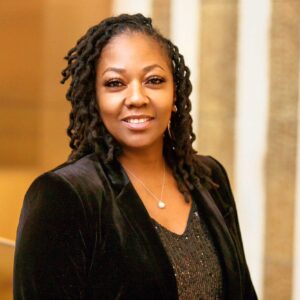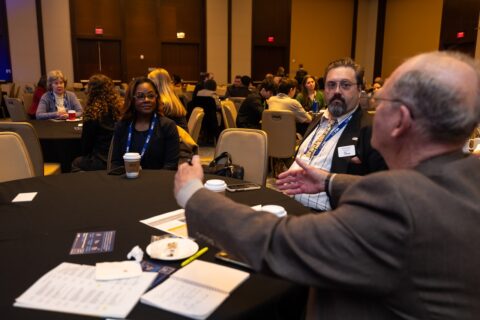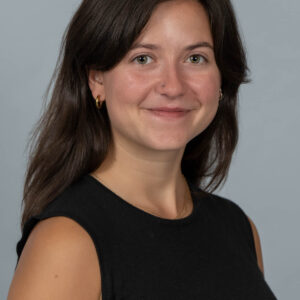As the National League of Cities (NLC) celebrates 100 years of impact, it’s fair to acknowledge that the organization has witnessed some of the most significant transformations in municipalities and encountered influential leaders who have played pivotal roles in shaping and driving our local communities.
As we celebrate Women’s History Month, we are proud to recognize NLC’s Small Cities Council (SCC), comprised of an all-female leadership team for the first time in the organization’s history. In commemoration of this significant milestone, we invited the leaders of this group to take us on a powerful journey to explore the impact of women’s leadership in the communities they serve.
SCC Chair, Mayor Jan Arbuckle
Kickstarting this journey is SCC Chair, Mayor Jan Arbuckle of Grass Valley, CA. With a population of just under 14,000, Grass Valley is located in the Sierra Foothills, where a rich Gold Rush History blends with innovation and a strong sense of community.
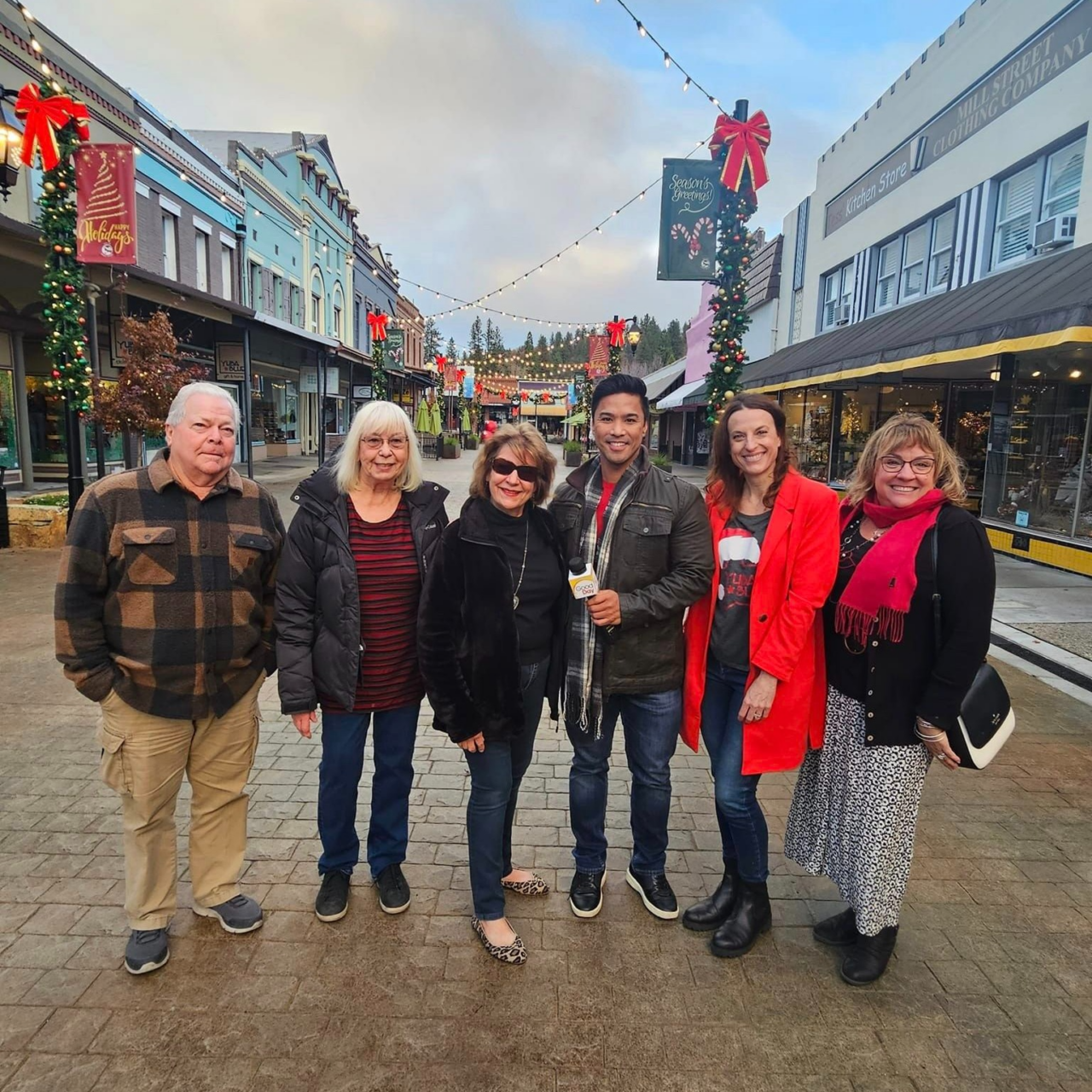
Ebone Clifton: Mayor Arbuckle, tell us how you believe having an all-female leadership team will impact the Small Cities Council this year and highlight a goal that raises awareness about issues of concern to women in small communities.
Mayor Arbuckle: The Small Cities Council has the opportunity to not only elevate our small cities, towns and villages but to serve as role models for all women and encourage them to realize that the only barriers are the ones we create for ourselves.
As far as a goal, it would be to encourage more women to get involved in the National League of Cities. To help them know how valuable their expertise, input and commitment is to make the Small Cities Council stronger. Ruth Bader Ginsberg said, “Fight for the things that you care about, but do it in a way that will lead others to join you.
Vice Chair Mary Sarver
Just South of Mayor Arbuckle, we meet Vice Chair Mary Sarver, Mayor Pro Tem of Grandview, TX, home of the Zebras and a population of 2,000.
Ebone Clifton: How important will it be for the future of women in politics, for women leaders such as yourself, to remove barriers and deepen the support system to their peers?
Mary Sarver: Women are inquisitive. We ask questions to help break down the walls, and it’s natural to move forward with progress. Women tend to get more involved and not take a back seat. I never desired to be in politics. I became involved because I was tired of being pushed around as a businessperson in town. I wasn’t afraid to take a chance and was not afraid of failure.
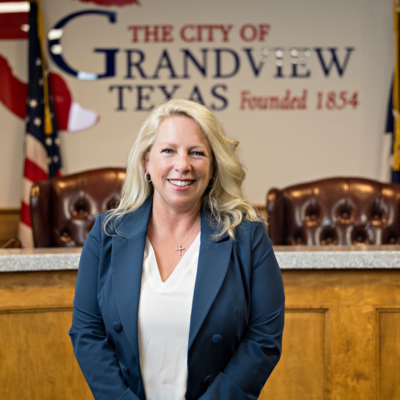
Ebone Clifton: How do women continue evolving and breaking barriers for the next 100 years?
Mary Sarver: I have led my family for years as a single mom. I didn’t have a choice not to succeed and provide for them, but I did have a choice to be in politics. And I can admit that it was scary. But being a mom and a woman who has faced many barriers prepared me. So, I took a chance, and I won. By taking that chance, I have made a difference.
Vice Chair Gabrielle Nelson
Next, we headed to the east coast to a southern community called the City of Port Wentworth, GA, to talk to SCC Vice Chair, Councilwoman Gabrielle Nelson. Port Wentworth has a unique sense of community pride that sets them apart from other places. With a population of 14,000, it’s easy to fall in love with the small city charm showcased within the community.
Ebone Clifton: Tell us about some of the challenges you’ve experienced when trying to create an inclusive environment and share one project in your city that demonstrates the importance of inclusiveness to the growth of a small community.
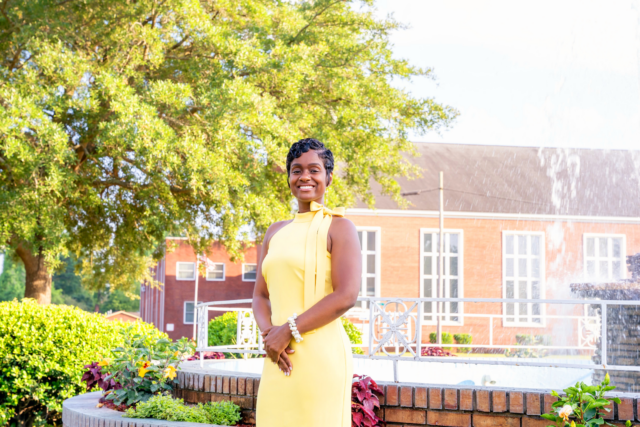
Gabrielle Nelson: One of the challenges I’ve faced in fostering inclusiveness is ensuring that all community members, regardless of background, feel heard and represented in decision-making processes. As a woman in leadership, I have found that it requires continuous effort to break down barriers and create a welcoming environment for everyone.
One noteworthy project in our city that exemplifies the commitment to inclusiveness is the “Port Wentworth CLIC.” The Computer Learning and Innovation Center (CLIC) is an initiative I chartered to bring together residents of all ages and diverse backgrounds, providing a space for not only technical education but cultural exchange, various collaborative projects, and community events. This was especially important to me as a woman working in the technology field. The CLIC serves as a focal point for fostering connections and understanding among residents. By actively involving various groups in its development and programming, we have witnessed firsthand the positive impact of inclusiveness on the growth and vitality of our small community.
As for me, I am a working mom of three and entering my third year as a Councilwoman in the City of Port Wentworth, Georgia. It has been an enriching experience to contribute to the betterment of our community, and I am dedicated to continuing my efforts to ensure that Port Wentworth remains a place where everyone feels valued and included.
Board Liaison, Mayor Bianca Motley Broom
Lastly, we traveled to the City of College Park, GA, to meet SCC Board Liaison, Mayor Bianca Motley Broom. With a population of 13,930, the city of College Park is a place you’ve probably visited without even realizing it! Parts of Hartsfield-Jackson Atlanta International Airport, the busiest airport in the world, are within College Park’s city limits.
Ebone Clifton: As the city continues to grow, Mayor Motley Broom was asked, How does sharing the story of women’s impact in politics affect the lives of others?
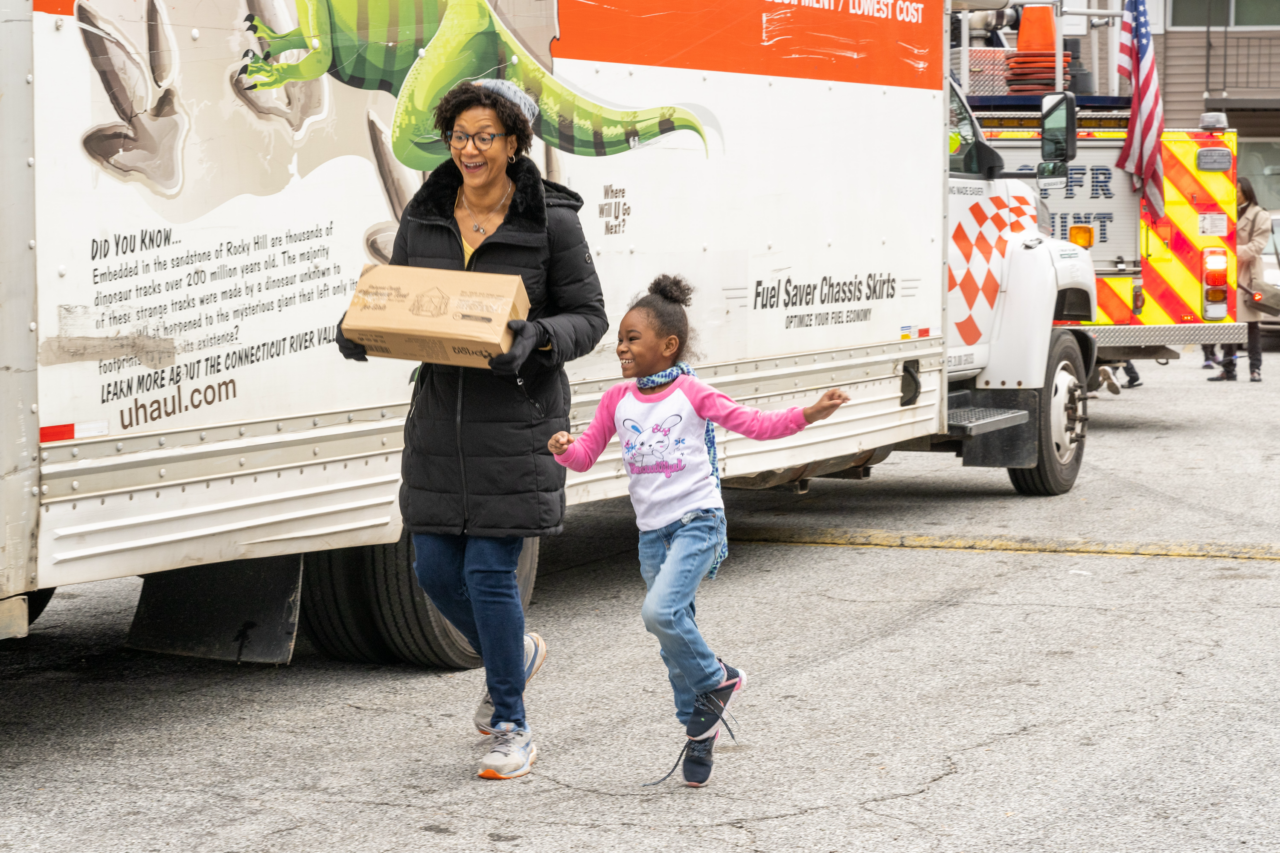
Mayor Motley Broom: I was sworn in as the 27th mayor of College Park, Georgia, in January 2020 and elected to a second term in November 2023. I am the first woman and the first Black person to serve as mayor of College Park.
Since I took office, College Park has seen more than $100 million of public and private investment in the city. I’ve led the city’s efforts for equitable and inclusive development, spearheading the city’s participation in NLC programs such as the Vacant Property Leadership Institute and the Southern Cities Economic Inclusion Initiative.
I am always inspired to know the stories of the women who have come before me in this space. Public service can be a lonely road, but it’s always encouraging to know that someone else has faced your challenges and not only survived but thrived.
One of the things I did not expect when I ran for office was how children would see me – little girls in particular. For Black History Month last year, several students at local schools dressed up as me. That was mind-boggling, humbling and beyond anything I could have imagined. I invited one of them to come to City Hall for a tour, and she sat in my seat on the dais. It further reinforced [for me] that I’m just a steward of this position for the next generation of leaders and I want to help us keep on building the community we deserve.”
Creating Pathways for Future Generations
I hope you enjoyed this journey and hearing stories from the Small Cities Council leadership team just as much as I enjoyed interviewing them. Women in politics have made a difference and continue to do so across the country. From the first women’s rights convention in 1848, paving the way for women’s right to vote in 1920, to the historic election of a United States female vice president in 2020, women across all industries continue to break glass ceilings and illuminate a multitude of contributions and achievements throughout history books. Throughout the month of March and every day, women from all facets are reminded that the possibilities of what you can achieve have no bounds, and the work they’re doing today creates a pathway for future generations to come.
Get Involved
NLC’s Small Cities Council is open to municipal officials from member cities with populations of 50,00 or less. Connect with a representative from our membership team at membership@nlc.org to learn more about the Council and how to become a member.

